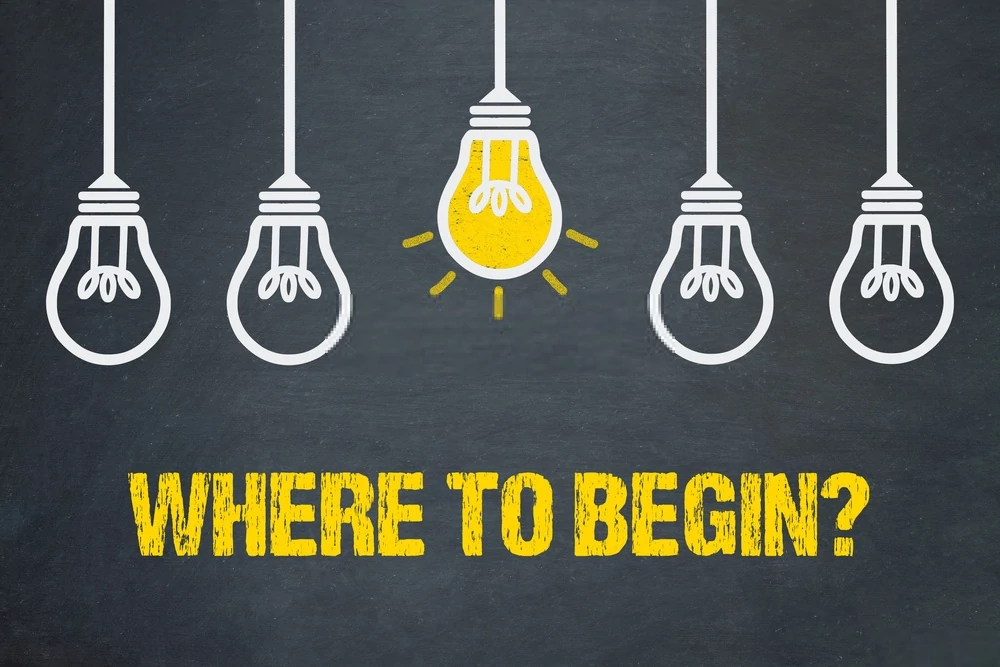
Began and Begun are confusing. That is just it, whether in speech or writing.
English is like the language currency as it is used in many parts of the world. Apart from being an international and national language in some states, English is also used in most global business transactions. It has never been the easiest language of study, even for native speakers. As you begin to study English, you will notice that some verbs change differently compared to others in terms of past tense. Using past tense can, therefore, be very challenging. Some irregular verbs are conjugated in ways that cannot make any meaning immediately.
Lack of consistency might lead to mistakes in conversations and even in writing. One of the most common mistakes arising from conjugation is the use of began and begun. Began and begun are conjugated versions, and two forms of the irregular verb begin.
While it is easy to use such words interchangeably in conversations, you cannot use them in both professional and academic writing and go unpunished. Therefore, learning how to use conjugations is necessary and inevitable.
What the difference is between begin, begun, and began? To begin with, begin is a largely used irregular verb. Began and begun are its two forms of past tense. In this article, we demystify the differences, and when these forms are used.
What is the meaning of began? Began is one of the conjugations of the irregular verb 'to begin,' which means to commence, start, or to proceed with something.
It is the simplest past tense form of begin and does not need an auxiliary verb.
You are allowed to say, 'Gavin began to receive the gifts,' but you are not allowed to say, 'Gavin had began to receive the gifts.'
Note that from the example above and conventionally, began is never used with a helping verb.
Began is used in the past simple tense, which is the past form of to begin infinitive form. Unlike the past tense of regular verbs where you add ed at the end of the word began is an irregular verb. You can never say begined,' it is sacrilegious.
The verb is used to denote that action is already complete.
Examples of sentences denoting how to use began.
If you are to use began in a sentence, the verb changes to the present tense same way the auxiliary word did does.
For example:
Note that began is the past tense of begin.
What does begun mean? Like began, begun is a conjugation of the irregular verb begin. It is past participle form of the same verb and can be used with helping verbs.
It is always used with perfect tenses alone. If you are keen enough, you might by now have noticed that begun needs an auxiliary verb 'have' which is common to perfect tenses.
This means that for you to tell something in the present perfect tense, you are to use this form. For example:
How is begun used in real life? Begun is used in real life. Here are the examples.
Begin in the present perfect tense becomes: I have begun; we have begun, they have begun; it, he, she has begun.
Begin in the past perfect tense becomes: I had begun; you had begun; they had begun; he, she, it, had begun.
Begin in the future perfect tense becomes: I will have begun; you will have begun; we will have begun; they will have begun; it, he, she will have begun.
It is evident that there is a difference between begun and began. You should understand these differences for better English speaking and writing. Besides, you need to hone your grammatical skills enough to avoid using them interchangeably in writing.
How is began pronounced? It is pronounced like [bɪˈɡæn] with a broad e sound. On the other hand, begun is pronounced like [bɪˈɡʌn], with a short sound.
Always be aware of the differences even in speech and pronounce each as should.
Begin, began, and begun are three different words, even in use. Now you are aware of the three and can confidently use them. Keep doing exercises to hone your skills further.
Get the best essays today at an affordable rate.
